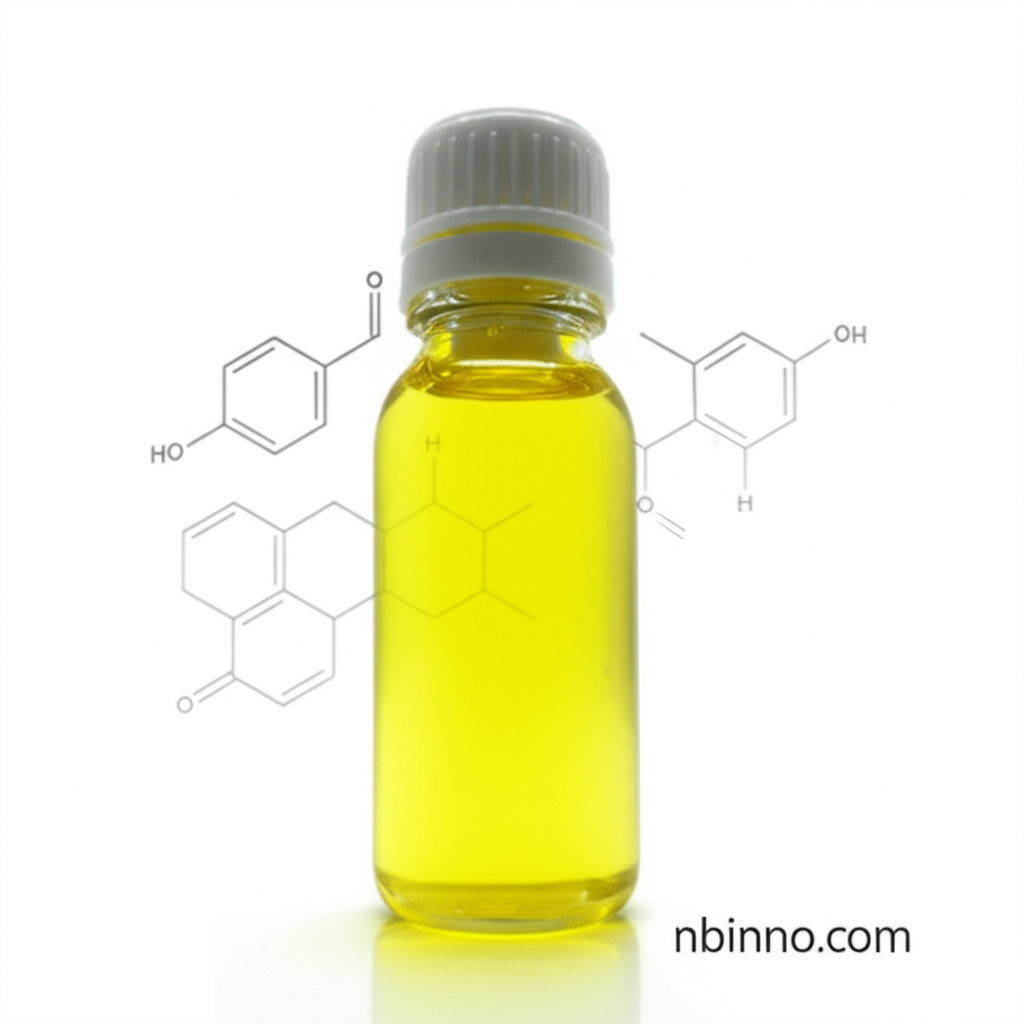Unlock Synthesis: Your Guide to 4-tert-Butylbenzyl Chloride
Explore the utility and applications of this key organic intermediate in modern chemical synthesis.
Get a Quote & SampleProduct Core Value

4-tert-Butylbenzyl chloride
Discover the essential role of 4-tert-Butylbenzyl chloride in advancing organic synthesis, particularly within the pharmaceutical and agrochemical sectors. Its unique structure provides valuable reactivity for creating complex molecules.
- This compound serves as a crucial intermediate for organic synthesis, widely employed in medicine and pesticide production.
- Explore the uses of 4-tert-butylbenzyl chloride in pharmaceuticals, including its role in synthesizing antiallergic drugs.
- Learn about the chemical properties of 4-tert-butylbenzyl chloride, making it a versatile building block for various synthetic pathways.
- Understand the applications of benzyl chloride derivatives like this compound in specialized chemical manufacturing.
Key Advantages and Properties
Versatile Intermediate
As a key intermediate for organic synthesis, 4-tert-butylbenzyl chloride is indispensable for developing new drugs and crop protection agents, enhancing the efficiency of agrochemical intermediate development.
Targeted Reactivity
The presence of a reactive chlorine atom allows for nucleophilic substitution reactions, making it a highly sought-after component in complex molecular assembly, fitting into the realm of pharmaceutical synthesis reagents.
Favorable Solubility
Its moderate solubility in organic solvents, coupled with limited water solubility, makes handling and reaction control more manageable in various synthetic processes, a key characteristic for fine chemical manufacturing.
Key Applications
Pharmaceutical Intermediates
Leverage the capabilities of 4-tert-butylbenzyl chloride as a vital intermediate in the synthesis of various pharmaceutical compounds, contributing to the advancement of specialty organic intermediates.
Agrochemical Synthesis
Utilize this compound in the development of pesticides and other agrochemicals, where its structure contributes to the efficacy and targeted action of the final products, aligning with needs for agrochemical building blocks.
Organic Synthesis
As a general organic synthesis tool, CAS 19692-45-6 is crucial for creating diverse organic molecules, supporting research and development in chemical sciences through its predictable reactivity.
Custom Synthesis Projects
Its well-defined properties and reactivity make it an excellent choice for custom synthesis projects, fulfilling specific molecular requirements in various industries and fitting into the niche of custom organic synthesis.
